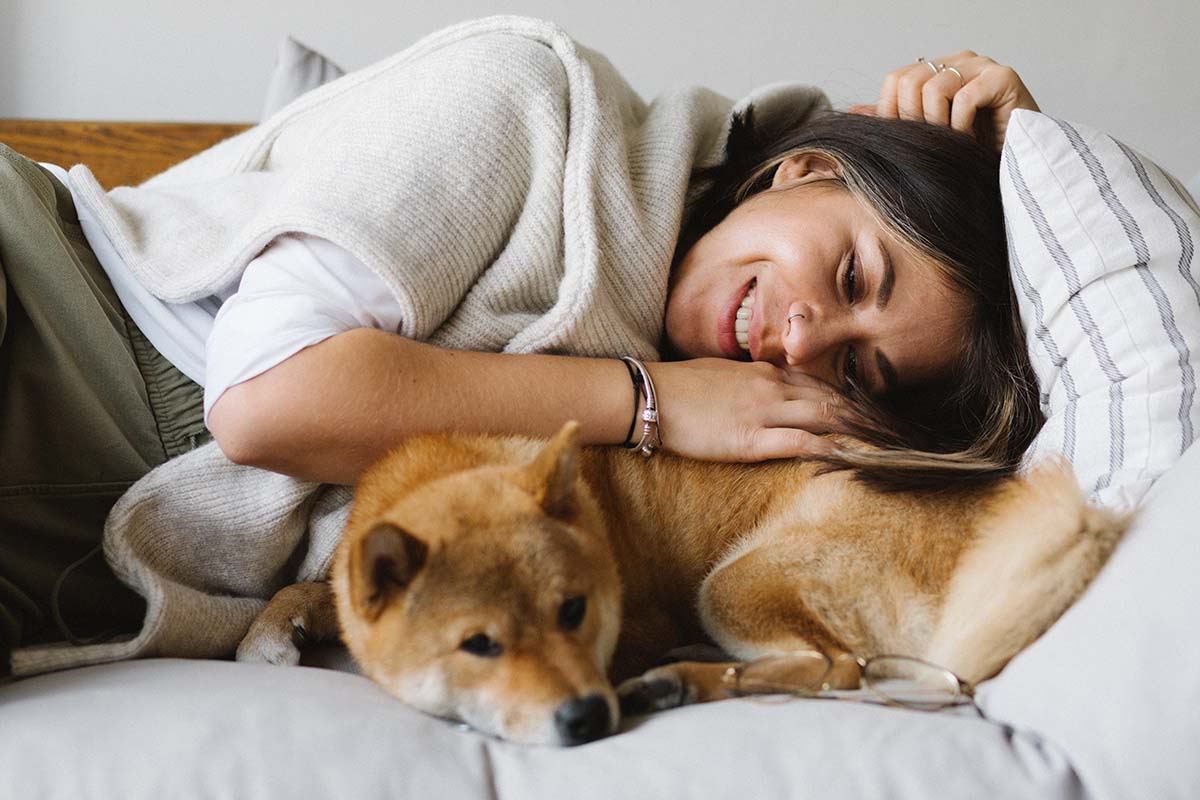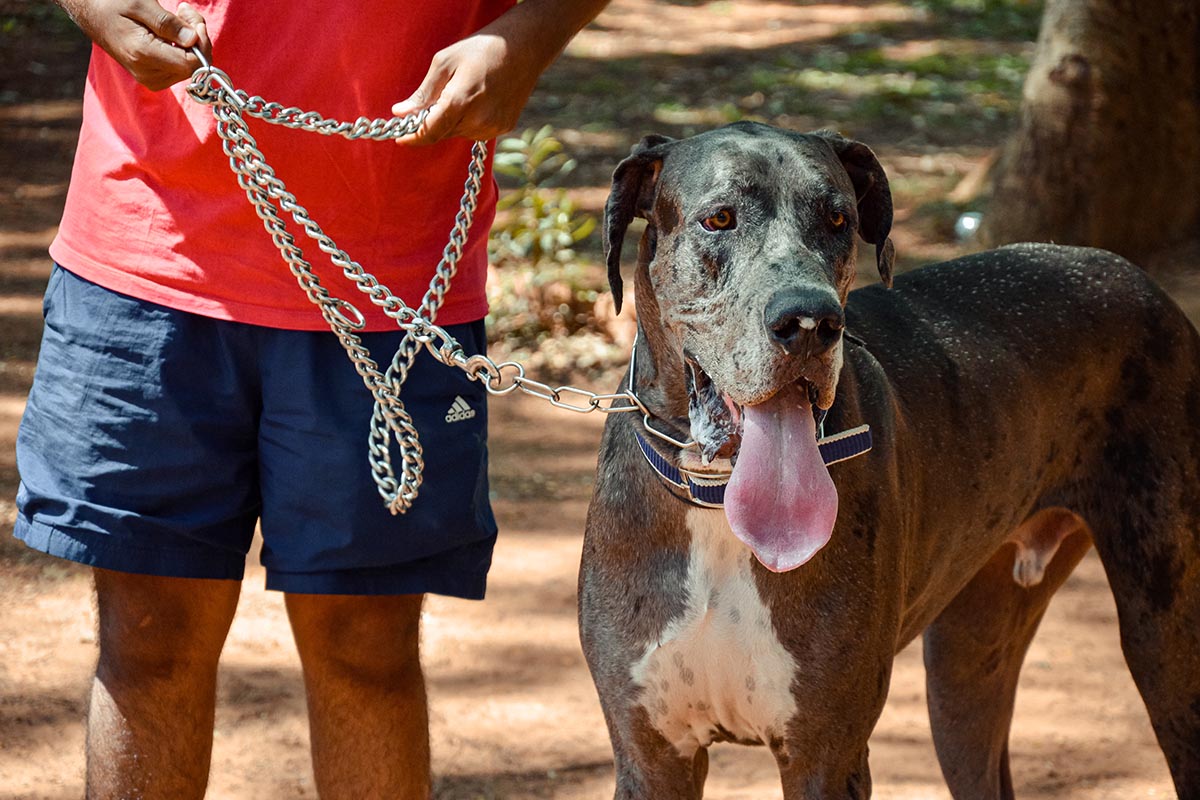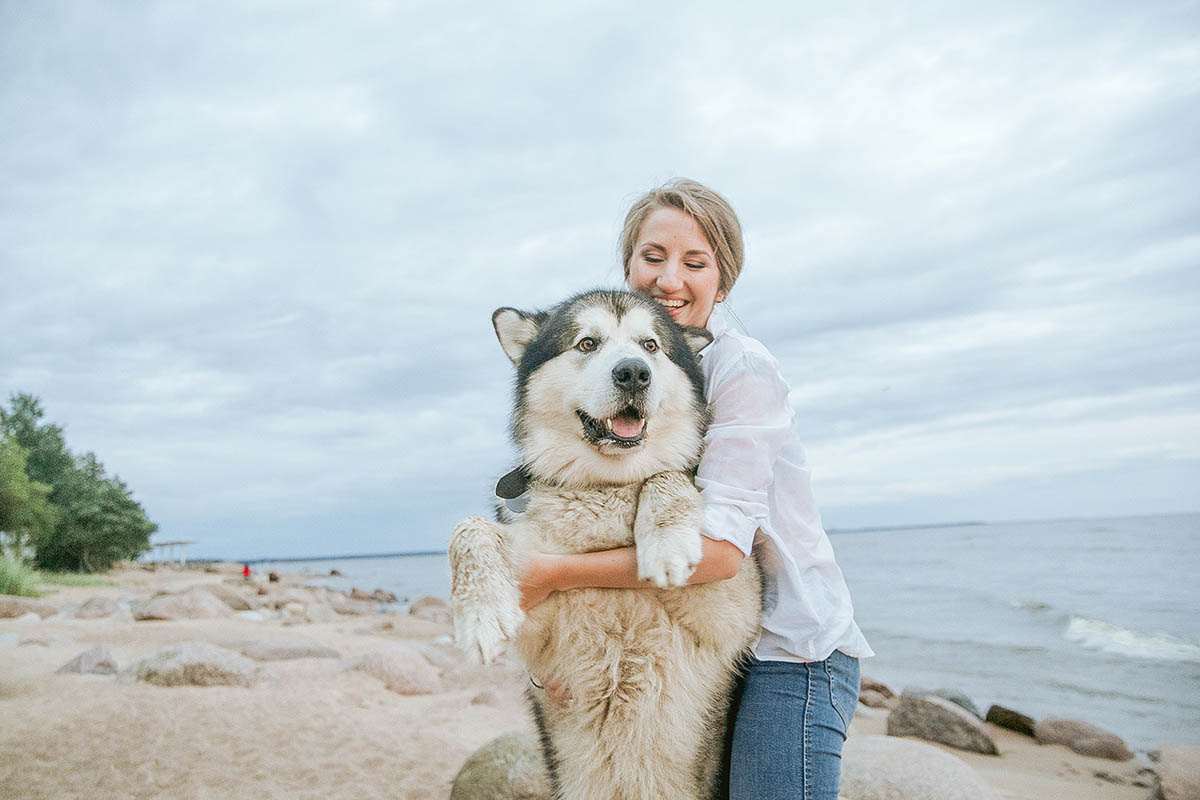What Causes Snoring in Dogs?
Snoring among dogs is as prevalent as it is among humans. But if you are one of the proud owners of a dog and are concerned about the sounds, you probably know that already. Depending on the sleep requirement of dogs of different breeds, it might well be possible that your doggy requires a shut-eye period which is double that of yours. The more they sleep, the greater is the menace of snoring that you may have to face.
However, dog parents are not just disturbed about the harsh sounds that snoring produces. If the snoring problem of the dog persists for a long-time, you may want to start taking steps to resolve the underlying health problems that are leading to snoring in the first place. To help you do that, we are going to look at some of the most common causes of snoring in dogs.
Obesity
One of the foremost things that you need to check in the case of snoring is dogs are a sign of obesity. The fat buildup around the dog’s throat contributes towards a blocked air passage which ultimately leads to snoring. Dog parents must at once work towards reducing this excess weight as in some cases it may even lead to other problems such as tracheal collapse and suffocation. Therefore, providing regular exercise is not just a good solution for obesity but also an excellent way to show your pets that you love them.
What causes snoring in dogs: allergies
One of the biggest challenges of having a pet home is the risk of allergies that affects them. Dust, pollen grains, second-hand smoke, dander, and other allergens can lead to inflammation in the nasal passage resulting in sudden snoring among dogs. Not only can these allergies cause severe irritability among dogs but some of the allergens may even make their way to you. In most cases, your regular vet may recommend a change of domestic air filters or prescribe some medication to ease the allergic reactions.
Sleeping Position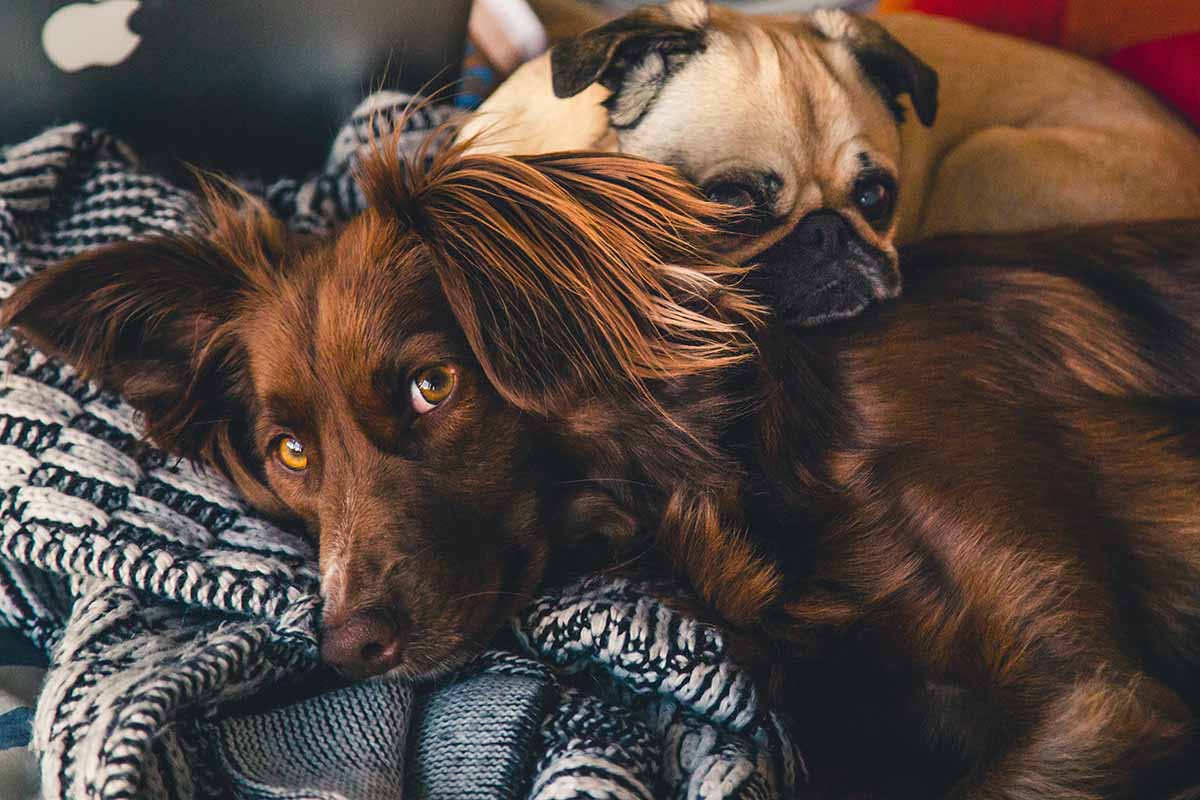
Be it human beings or dogs, the problem of snoring inadvertently has some relation with the way one sleeps. While sleeping on our back may assist a good air passage in humans and prevent snoring, it has an opposite effect in dogs. Their tongues have been observed to roll back in this sleeping position and obstruct the proper movement of air. Pet sleep experts, therefore, suggest buying a round bed for your dog that has raised sides so that your dog can naturally sleep in a curled-up or side position to reduce the compression of airways.
Dental Issues
Take your dog for a dental checkup if you observe a sudden increase in snoring patterns as it might well be linked to an issue with their teeth. There are chances that your pet dog has developed a toothache or an abscess from a rogue tooth which is resulting in the blockage. It is crucial to address these issues at the quickest as they might worsen into infections that block nasal sinus passage and cause a lot of pain for your dog.
Snout Shape
Dog breeds that have a shorter snout such as Bulldogs, Boxers, Shih Tzu, Boston Terrier, Pugs, etc., are sometimes predisposed to snoring. These dog breeds with their flat faces have naturally shorter airways which makes them vulnerable to obstructive air circulation.
There is not much that you can do as an owner of such pets to resolve the snoring problem other than taking them to the vet for regular checkups for your reassurance. That said, these are also some of the most loved breeds of dogs, and their snoring problems are overshadowed by the companionship and cuteness that they exhibit.
Throat Irritation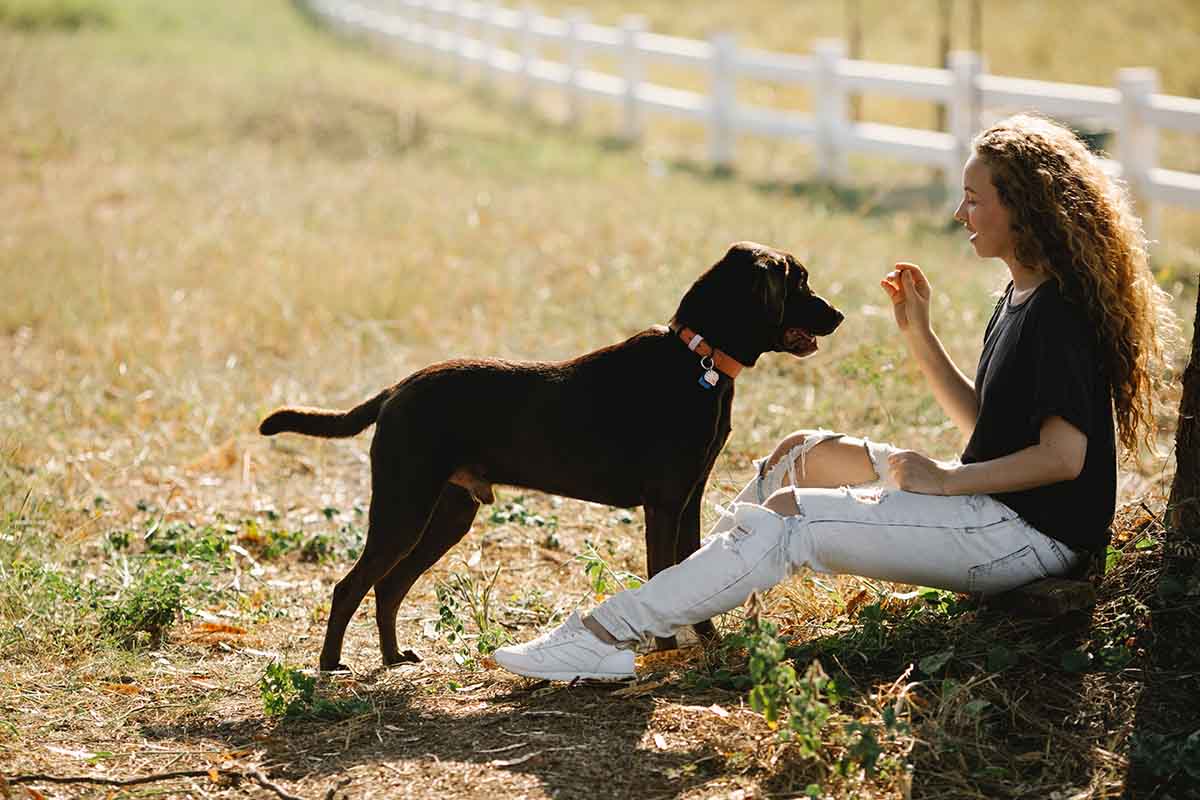
There can be multiple causes of a case of throat irritation in your dogs such as common cold, fungal infection, or physical obstruction caused by a foreign object. Objects such as fragments from toys, tennis balls, shoes, fabrics, or a piece of mulch, among other things can sometimes get stuck at the back of their throat without your knowledge. So, if your dog is suddenly snoring excessively, it is recommended that you check for such obstructions.
Hypothyroidism
Hyperthyroidism is a pretty common health problem in dogs and can be detected through symptoms like thinning hair coat on different parts of its body, lethargy, reduced appetite, etc. In such cases, snoring has also been observed as a prominent function apparently due to the proximity of the trachea to the thyroid glands. In most cases, your veterinary can help ease the issue by prescribing medication to treat this condition.
What Causes Snoring in Dogs: Bottom line
A little snoring may well be a normal phenomenon in the case of most dogs but there is no harm in visiting your vet if the situation starts worsening. We hope that the abovementioned information will come in handy in the proper upkeep of your precious pet dogs.
